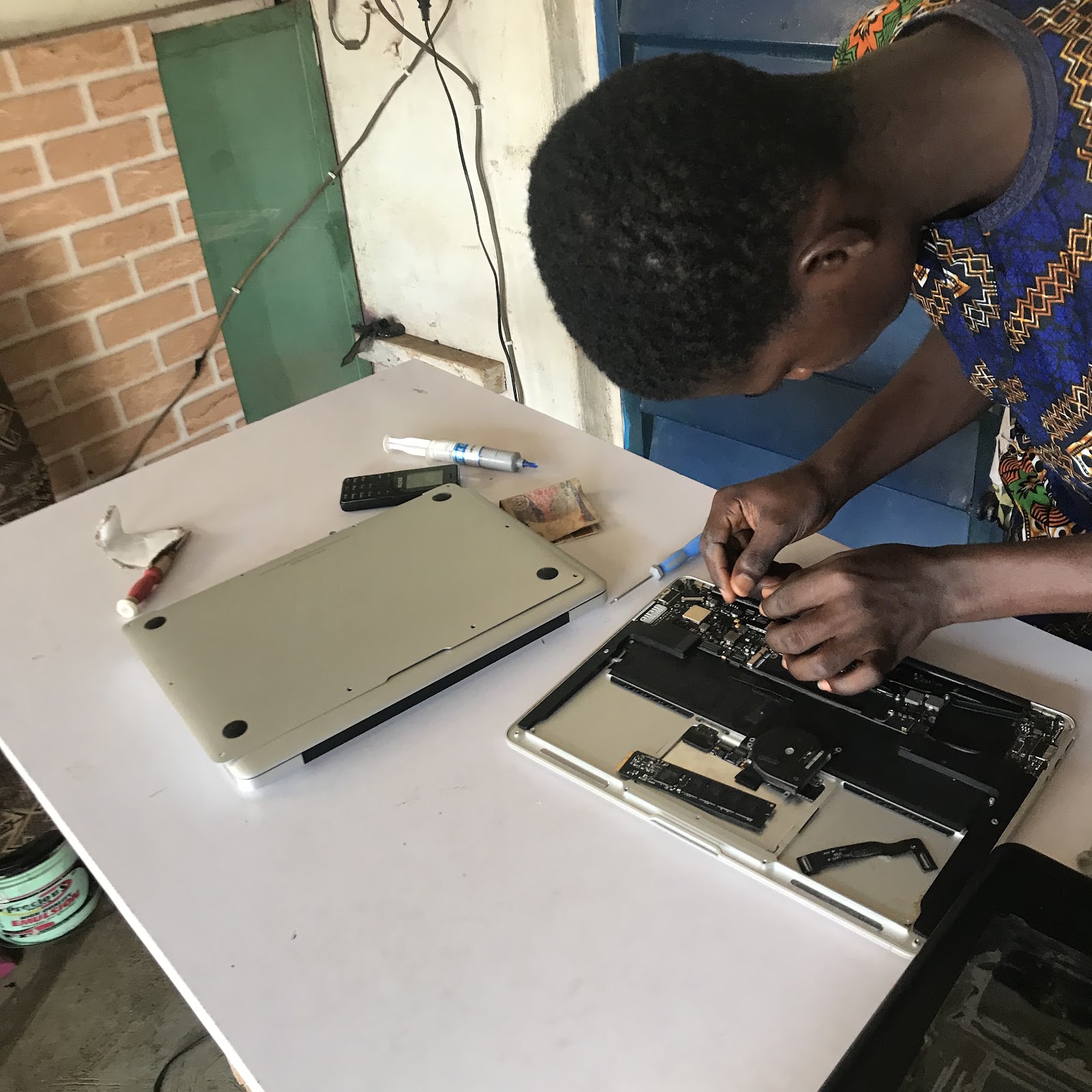HP 1030 G2 Freezing on Startup – DIY Causes & Fixes 💻 HP EliteBook 1030 G2 Freezing on Startup: DIY Repair Guide with Causes & Solutions Have you ever pressed the power button on your HP EliteBook 1030 G2 , only to be met with a frozen screen? Whether you're facing a stuck HP logo, a spinning circle of death, or total unresponsiveness — you're not alone. This freezing issue is a common headache among users, and luckily, you don't need to be a tech genius to fix it. In this detailed DIY repair guide, we’ll explain: Why your 1030 G2 freezes on startup Step-by-step solutions to diagnose and fix the issue yourself When it’s time to seek professional help 🔍 What Causes the HP EliteBook 1030 G2 to Freeze on Startup? Startup freezing can be caused by hardware, software, or firmware-related problems . Identifying the root cause is crucial before attempting any repair. 🛠️ Common Causes: Corrupted ...
Posts
Showing posts with the label LAN CABLE
IP Address: internet protocol
- Get link
- X
- Other Apps

What is an IP address? An IP (Internet Protocol) address is a unique numerical label assigned to each device connected to a computer network that uses the Internet Protocol for communication. It serves two main functions: identifying the host or network interface and providing the location of the device in the network. Types of IP addresses: IPv4: This is the most common type of IP address used today. It consists of four sets of numbers separated by periods (e.g., 192.168.0.1). IPv4 allows for approximately 4.3 billion unique addresses. IPv6: With the increasing number of connected devices, IPv6 was introduced to address the depletion of IPv4 addresses. It uses eight sets of numbers separated by colons (e.g., 2001:0db8:85a3:0000:0000:8a2e:0370:7334). IPv6 provides a significantly larger address space. How IP addresses work: When a device wants to communicate with a...
How to Succeed as a Computer Technician: Tips and Strategies
- Get link
- X
- Other Apps

If you are interested in becoming a computer technician or are already working in the field, there are several steps you can take to succeed in this role: Develop a strong foundation of technical knowledge. As a computer technician, it is essential to have a thorough understanding of computer hardware, software, and networks. You can gain this knowledge through formal education and training programs, as well as through hands-on experience and self-study. Stay current with industry trends and developments. The field of IT is constantly evolving, and it is important for computer technicians to stay up-to-date with the latest technologies and trends. You can do this by attending conferences and workshops, reading industry publications, and networking with other professionals in the field. Build strong problem-solving and communication skills. As a computer technician, you will need to be able to troubleshoot and diagnose technical issues, and to communicate effectively with us...
The Role of a Computer Technician: Duties and Responsibilities
- Get link
- X
- Other Apps

Computer technicians are professionals who are responsible for maintaining and repairing computer hardware, software, and networks. They are the experts who ensure that computer systems are running smoothly and efficiently, and they play a critical role in maintaining the technology infrastructure that is used by businesses and organizations. The specific duties and responsibilities of a computer technician can vary depending on their job title and the type of organization they work for. However, some common tasks that computer technicians may perform include: Installing and configuring computer hardware and software Troubleshooting and diagnosing technical issues Repairing and replacing faulty hardware components Updating and maintaining operating systems and software Configuring and maintaining network equipment and security Providing technical support and assistance to users Testing and evaluating new technologies Training users on how to use computer systems and applications ...